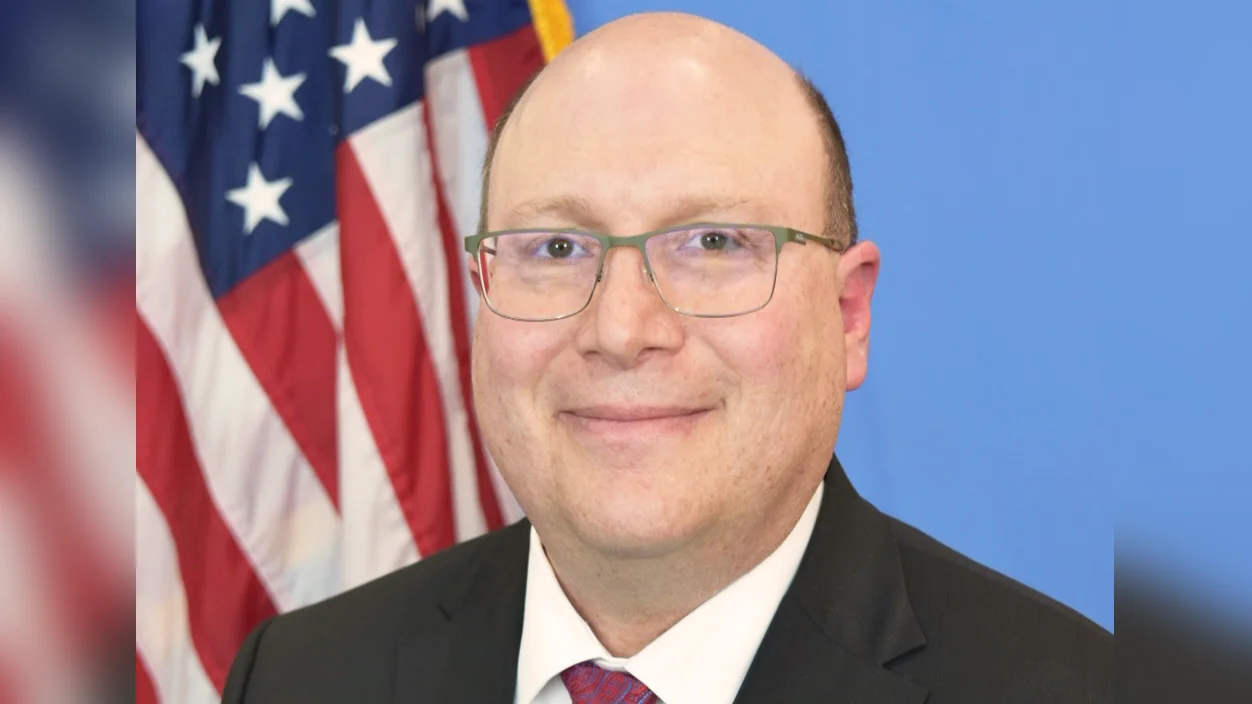The United States has reiterated its commitment to addressing space debris issues, emphasizing the importance of international cooperation and adherence to established guidelines. In a statement prepared for U.S. Representative Caitlin Poling at the 64th Session of the COPUOS Legal Subcommittee in Vienna, Austria, on May 8, 2025, the U.S. highlighted its efforts and frameworks in place to mitigate space debris.
The U.S. government follows a comprehensive framework involving statutes, regulations, and internal policies that cover space debris mitigation from spacecraft design to end-of-life disposal. The private sector is also contributing significantly by developing innovative solutions for these challenges.
The United States continues to adhere to its Orbital Debris Mitigation Standard Practices (ODMSP), which guide regulatory agencies in overseeing private sector activities. These practices are reviewed biennially with results shared at future Subcommittee sessions.
As a founding member of the Inter-Agency Space Debris Coordination Committee (IADC), the U.S. plays an active role in major IADC activities such as measurements and modeling related to orbital debris mitigation best practices. The country remains committed to improving these guidelines for safer future space missions.
Furthermore, the U.S. implements UN COPUOS Space Debris Mitigation Guidelines and Long-Term Sustainability Guidelines due to its interest in maintaining freedom of exploration and use of outer space.
Preventing space debris proliferation is crucial, particularly avoiding actions like destructive direct-ascent anti-satellite missile testing due to their long-term impacts on outer space sustainability.
Technological advancements influence approaches to mitigation and object tracking. The Department of Commerce's TraCSS system exemplifies efforts to facilitate collision avoidance with debris for operators who opt for this service.
While not advocating for codifying specific standards into international law due to evolving technologies, the U.S. supports ongoing implementation of agreed-upon guidelines and best practices by Member States and intergovernmental organizations.
Safety and exploration rights remain priorities for the United States as it continues promoting international cooperation in advancing debris mitigation technology and techniques.
"Thank you, Chair," concluded the statement at the session.

